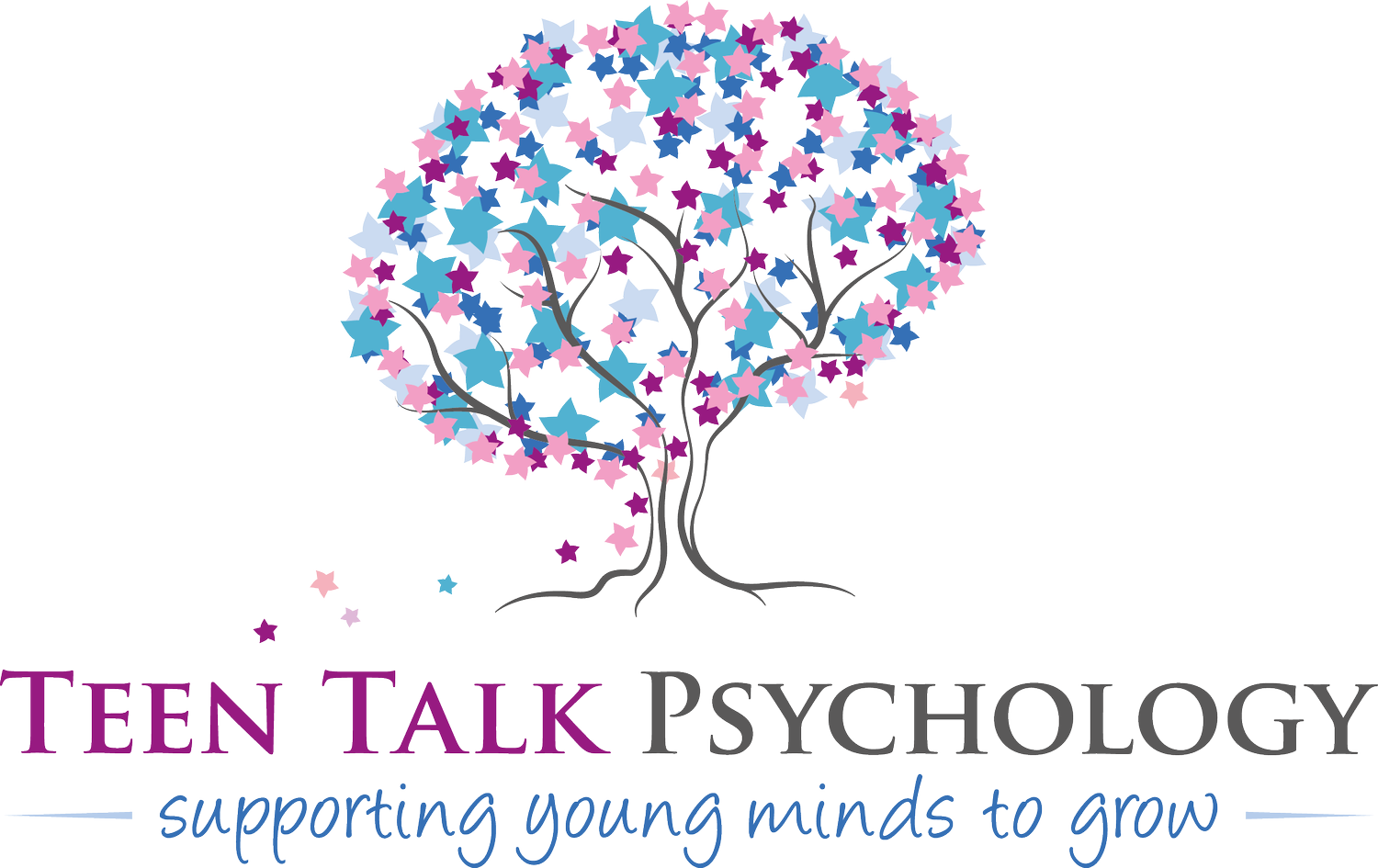Services for Teenagers
Support and intervention for High School aged young people, and their families, who are experiencing challenges such as:
Generalised anxiety disorder
Depression or low mood
Self-harm concerns
Panic disorder
Social anxiety
Obsessive-compulsive disorder
Phobias
Health anxiety
Separation anxiety
Academic, exam and performance anxiety (e.g., during HSC exams/assessments)
Emotion regulation difficulties
Post-traumatic stress disorder
Complex trauma
Bereavement
Family worries and concerns
Mental health impact for LGBTQI people
Life transitions and adjustment concerns
Co-occurring difficulties like ADHD
For High School aged young people, appointments have a focus on individual time working with Alex. Generally speaking, the older the teenager, the more confidentiality they are entitled to, and this is always something we talk through in our first session together. The aim is to include both parents or carers and young people in therapy, as better outcomes are achieved when we work on strengthening the young person themselves, and work with parents or carers to support and connect with their young person.
The initial assessment session is 90 minutes in length, to allow time with you and your young person together, time for your young person individually with Alex, and time to develop some goals.
After that we will work out how often we meet (usually fortnightly at the start) and go from there. Subsequent sessions are 55 minutes long and it is preferable for a parent or carer to attend for some of each session so that we are all working together.
Alex uses a collaborative and strengths-based approach, guided by the following evidence-based therapeutic modalities, depending on the young person’s specific goals and needs:
Cognitive-Behavioural Therapy (CBT)
Acceptance and Commitment Therapy (ACT)
Mindfulness-based approaches
Dialectical-Behavioural Therapy (DBT)
Schema Therapy
Attachment theory informed therapies
Trauma-focused Cognitive-Behavioural Therapy (TF-CBT)
Parenting and carer coaching and support

